detail profile enrico ghezzi
Peran Yang Di Mainkan Enrico Ghezzi
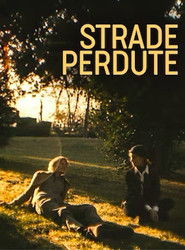 For Filmmaker Film Festival 2023 Fulvio Baglivi...
For Filmmaker Film Festival 2023 Fulvio Baglivi...Strade perdute - Filmmaker 23 2023
For Filmmaker Film Festival (2023), Fulvio Baglivi and Cristina Piccino asked some filmmakers (R. Beckermann, J. Bressane, D’Anolfi/Parenti, T. De Bernardi, L. Di Costanzo, A. Fasulo, F. Ferraro, M. Frammartino, S. George, ghezzi/Gagliardo, C. Hintermann, G. Maderna, A. Momo, A. Rossetto, M. Santini, C. Simon, S. Savona) to give us their own "lost road," that is, a sequence, scene or piece of editing that did not later find its way into the final version of one of their works. Each fragment has its own accomplished presence, often has a different title from the film it was made for, which is not necessary to have seen in order to find meaning; on the contrary, those who set out thinking they know the world they are walking through will find themselves displaced.
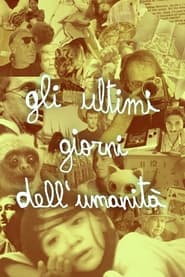 The panorama of human affairs encounters...
The panorama of human affairs encounters...The Last Days of Humanity 2023
The panorama of human affairs encounters the “man with a movie camera”. His playground has no boundaries, his curiosity no limits. Characters, situations and places pitch camp in the life of a humanity that is at once the viewer and the thing viewed. But what are the last days of this humanity? Have they already passed? Are they now or still to come?
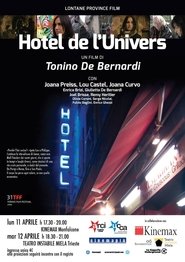 Why did you kill her Lou...
Why did you kill her Lou...Hotel de l'Univers 2013
“Why did you kill her?” Lou asks Philippe again. The life-odyssey of Joana, a modern-day Moll Flanders, continues as she moves through different times and places, like the stations of a personal via crucis, with occasional leaps into the present. From Paris to Rome and on to São Paulo. The body has lost every value, except the economic one.
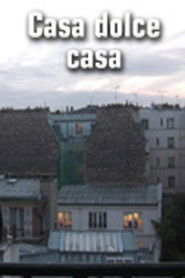 A young woman wanders down an...
A young woman wanders down an...Home Sweet Home 2012
A young woman wanders down an endless corridor, while other people knock at a door at night. A man takes a picture of Montmartre, two women hand him some money, while a patron manages from rue de Mhyra a network of Italian call girls. Adiba sings an ancient Moroccan song in a room full of children, while Vidya is performing her daily puja in Pune (India). Giuli sings to herself as she drives at night through Turin and runs to the station at day. Parallel stories where every character is caught “in a situation,” closed.
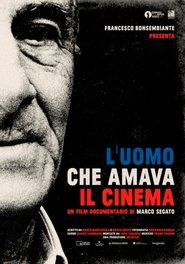 Piero Tortolina has been a point...
Piero Tortolina has been a point...L'uomo che amava il cinema 2012
Piero Tortolina has been a point of reference for a whole generation of film lovers. Pioneer of cinema-clubs and great film collector, he has been an invisible protagonist in the history of italian cinema.
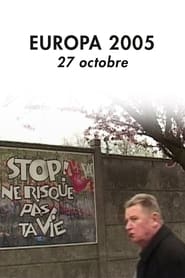 Inspired by Rossellinis Europa 51 StraubHuillet made...
Inspired by Rossellinis Europa 51 StraubHuillet made...Europa 2005 – 27 octobre 2006
Inspired by Rossellini's Europa '51 Straub-Huillet made a film consisting of two pans of a street corner in Paris.
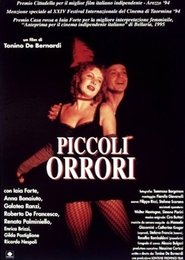 A woman in her flooded kitchen...
A woman in her flooded kitchen...Little Horrors 1994
A woman in her flooded kitchen thinks of Ophelia and death by drowning. A nun wonders about her vocation. A girl, dumb by choice, walks around in Naples. A ballerina in a wheelchair. Three youths around a bonfire in a little island. A man secluded in a tower waiting for the end of the world. And many other stories.
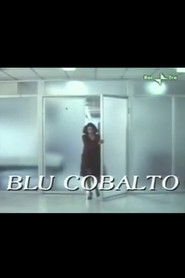 Docudrama about cancer patients An elderly...
Docudrama about cancer patients An elderly...Blu cobalto 1985
Docu-drama about cancer patients. An elderly farmer, believed to be mad by his family, dispenses wisdom to the other patients; an actress takes advantage of the hospitalization to shed light inside herself; a young doctor lives with schizophrenia his condition as a patient.
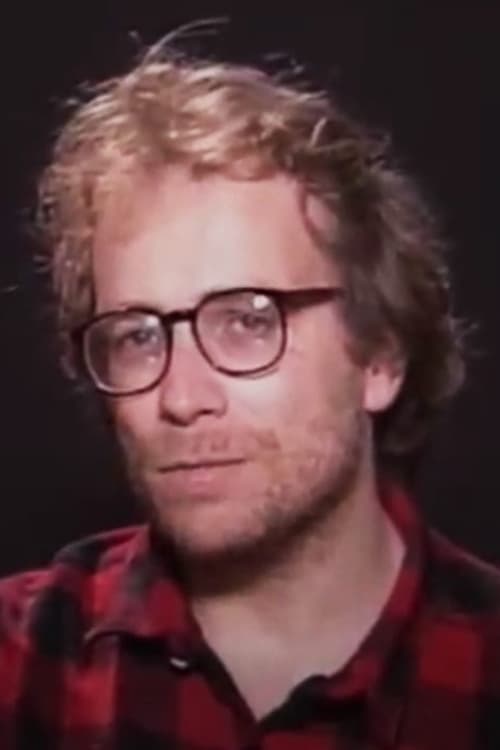
 Two old friends have urban adventures...
Two old friends have urban adventures...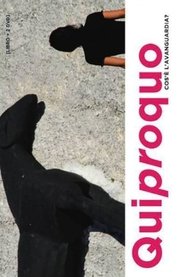
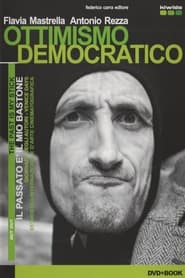
 An old patriarch at the gates...
An old patriarch at the gates...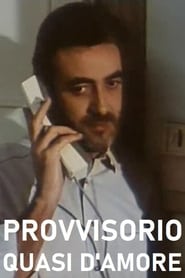 Anthology of urban stories form seven...
Anthology of urban stories form seven...